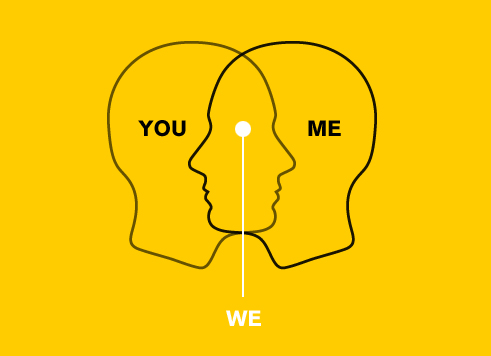By: Rachael Burke
Rachael Burke is a second-year Writing and Rhetoric PhD student at George Mason University. Her research centers on empathic articulation and social-emotional design. She has taught composition, ESL, and interdisciplinary studies, and she is currently teaching at GMU and Northern Virginia Community College. You can reach her at [email protected].
This post is the second in a series on empathy and writing scholarship. For Rachael’s first post, please click here.
In my previous post, I discussed what empathy is partly by talking a bit about what it is not. The challenge presented by proposing we should actively include empathy as a curricular goal is convincing writing teachers that the change is a natural and necessary one. Consequently, my previous entry began the task of examining and overturning a few misconceptions that have long plagued how we talk about empathy in rhetoric and composition (when we talk about it at all), and then suggesting that a more constructive definition of empathy might help us reinvigorate some of our problematic or confusing writing practices. In this entry, I want to continue to expand our understanding of empathy in rhetorical practice on our own disciplinary terms.

